For now, love yourself and enjoy this one ...
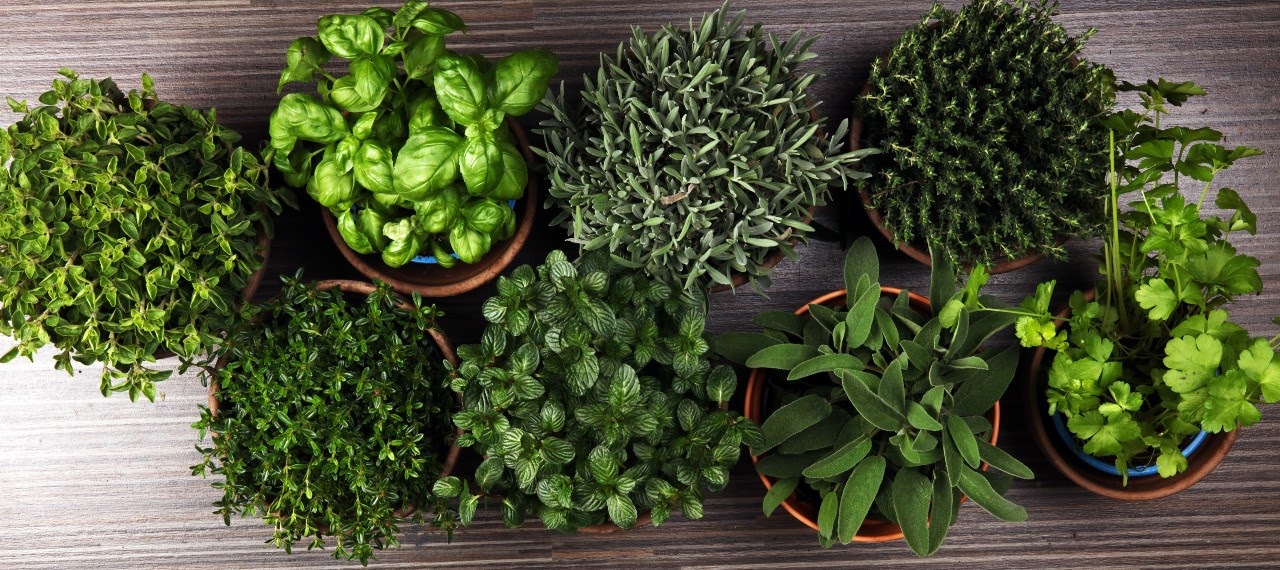
Frequently Asked Questions
What herb heals all wounds?
The answer to this question varies depending on the type and severity of the wound.
The herb comfrey (also known as knitbone) has long been used for its healing properties, particularly for skin injuries such as cuts and bruises.
Studies suggest that comfrey contains allantoin, which helps speed up healing. Other herbs commonly used for healing wounds include calendula, plantain, and yarrow. These herbs help to reduce inflammation, stop bleeding and speed up the skin's healing process.
In addition to herbs, honey has also been found to have powerful antimicrobial properties that can help prevent wound infection.
Herbs for wound care is an age-old practice that continues to be used today. However, herbs should not replace medical treatment, and always consult your doctor before using herbs for healing. With the right herbs, you can give your body the support it needs to heal naturally.
What spices assist in recovery?
The use of spices to aid in healing is an ancient practice dating back centuries. Many spices have been used for their medicinal properties, including ginger, cinnamon, cayenne pepper, turmeric, and garlic. Each of these spices has unique benefits that can help with various health issues.
Ginger is known for its anti-inflammatory and antioxidant effects and can help reduce inflammation in the body. It can also be used to soothe an upset stomach or relieve nausea.
Cinnamon has been found to have a wide range of medicinal properties, including antiseptic, antifungal, antimicrobial, and antioxidant agents. It is even believed to help regulate blood sugar levels, making it beneficial in helping prevent diabetes.
Cayenne pepper has been used for centuries as a natural pain reliever and anti-inflammatory agent. It is also thought to increase circulation and metabolism, which can help the body heal more quickly.
Turmeric is an herb that contains curcumin, a powerful antioxidant. Curcumin is beneficial in treating various conditions, from arthritis and neurological disorders to cancer.
Garlic is packed with nutrients and has many health benefits. It can help reduce inflammation, act as antibiotic, lower cholesterol levels, and even boost the immune system.
These spices are all-natural ways to help the body heal and improve overall health. They can all be easily incorporated into food or taken in supplement form for convenience. While spices alone won't cure any ailments, they can play an essential role in aiding healing.
In addition to spices, there are also other natural remedies for healing, such as herbs, essential oils, and homeopathy. Research has shown that many of these remedies can be effective in treating a variety of conditions. If you're looking for an alternative to conventional medicine, consider incorporating some of these natural remedies into your health routine.
What are the disadvantages of using herbs?
Herbs are a great way to keep your body healthy because they contain vitamins, minerals, antioxidants, enzymes, amino acids, phytonutrients, polyphenols, flavonoids, terpenes, essential oils, carotenoids, sterols, and sterolins. Some even contain cannabinoids.
But there are also lots of side effects associated with herbal remedies. For example, taking too much herb could cause liver damage or even death. Herbal supplements may interact with prescription drugs, which means that they might affect how well the drug works.
Some herbs can interfere with blood clotting, while others may increase bleeding when taken with anticoagulants (blood thinners).
There are also safety concerns for pregnant women and children.
The bottom line is that herbs aren't safe for everyone. If you're considering trying them out, do your homework. Look up each product's side effects and warnings and read reviews online.
What are healing flowers?
Healing flowers are plants that promote peace and tranquillity. They help us unwind after a stressful day and make us feel more relaxed.
They also help us connect to our inner selves and reconnect with nature.
These beautiful blooms are used for meditation, prayer, and contemplation.
We call hundreds of varieties of flowering plants ‘healing’ because they provide such a fantastic experience.
This list includes roses, lilies, irises, daffodils, peonies, tulips, hyacinths, and many more.
But there are two species that I find particularly special. These are the Geranium and Lilium.
Geraniums are very easy to grow and come in various colors. Liliums are also known as lily-of-the-valley, which means 'lily' and 'valley.' Both of these species are popular garden flowers.
Healing flowers are often found growing near water. They are said to bring peace and calmness to those who meditate with them.
In ancient times, people would light candles in flower petals to symbolize the sun. This way, they could honor the sun without needing to go outdoors.
Some say that when you look at these flowers, you may see angels dancing.
What herb is best for healing?
Herbs are a fantastic way to help heal our bodies. Herbal medicine has been used since ancient times and continues to grow today. There are thousands of herbs known to cure various ailments.
Some herbs are excellent for treating colds and flu, while others can treat anxiety, depression, arthritis, cancer, diabetes, heart disease, and more.
There are also herbal remedies for skin care, hair loss, weight loss, sexual health, energy, sleep, digestion, and much more.
The list goes on and on. But one herb stands above them all regarding its ability to heal. That herb is called aloe vera.
Aloe Vera is considered to be the world's most powerful healer. For centuries it has helped people heal themselves naturally without any side effects.
It's incredible how well aloe vera works. It's even better than prescription drugs and surgery.
In addition to its natural healing properties, aloe vera is highly versatile and can be used in almost any area of life, including food, beauty products, and household cleaning supplies.
You may not realize this, but aloe vera contains hundreds of active compounds, which include vitamins A, C, E, B1, B2, B3, B6, folic acid, calcium, magnesium, iron, zinc, copper, sulfur, manganese, phosphorus, potassium, sodium, chloride, fluoride, iodine, selenium and more.
These nutrients are essential for human body functions such as cell growth, metabolism, immune system support, healthy bones and teeth, healthy blood pressure levels, healthy eyesight, healthy cardiovascular systems, healthy digestive systems, healthy lungs, healthy nervous system, healthy reproductive organs, healthy skin, and healthy libido.
How do you make medicinal herbs?
There are many different methods to make herbs into medicinal products. The most common method is to dry the herbs in a warm, dark location before grinding them into a powder or extracting their essential oils. This can be accomplished by hanging herbs upside down in bunches, laying herbs on a drying screen, or using a food dehydrator.
Once dried and ground, herbs can be stored in airtight containers for future use. Other herbs may require special preparation, such as infusing herbs into oil or vinegar, making tinctures with alcohol, or distilling herbs to create essential oils.
Learning the correct techniques for preparing herbs can help ensure that they retain their medicinal properties and potency for optimal health benefits. Using fresh herbs is usually best, but herbs can also be grown in a pot or garden and harvested when they are mature. Herbs can be purchased at health food stores, online retailers, and specialty shops.
No matter where herbs come from, the preparation techniques remain the same; drying herbs in a warm location followed by grinding or extracting the essential oils. You can make your medicinal herbs with the right herbs and preparation techniques.
When making herbal preparations, it is essential to remember that herbs can vary in potency, so always dilute herbs before use or follow the directions on any product label. Additionally, herbs are best used fresh, as many of their beneficial components degrade over time.
Following safety guidelines and paying attention to the potency of herbs can help ensure that you get the most benefit from your herbs. With a bit of practice and preparation, anyone can make therapeutic herbs with medicinal properties. Remember that herbs should never replace any medical advice or treatments prescribed by a doctor. Always consult a licensed healthcare professional before using herbs medicinally.
Statistics
- For those with high cholesterol, garlic supplementation appears to reduce total and/or LDL cholesterol by about 10-15% (72Trusted Source73Trusted (healthline.com)
- The herbs market is highly competitive, with over 1,000 herb suppliers and over 15,000 herbs products available in the United States alone.
External Links
[TAG16]
[TAG19]
[TAG21]
- Ashwagandha | Memorial Sloan Kettering Cancer Center
- Grape Seed | Memorial Sloan Kettering Cancer Center
[TAG24]
- Antioxidant capacity of 26 spice extracts and characterization of their phenolic constituents - PubMed
- Cinnamon: A Multifaceted Medicinal Plant - PMC
How To
How to Use Herbs and Spices in Cooking?
Herbs and spices are a great way to add flavor without adding calories. If you've been cooking for years, you already know how easy it is to make even bland foods taste delicious. Try these tips to add more flair to your dishes.
Herbs and spices are essential ingredients in any kitchen. In addition to making food taste better, they also help keep food fresh longer. From enhancing the flavors of soups and sauces to infusing drinks with exotic tastes, herbs and spices go far beyond traditional cooking.
The most important thing to remember when using herbs and spices is to use them sparingly. Even though they may seem like powerful ingredients, they have a strong scent. So, sprinkle them on top instead of piling them onto a dish.
You'll find that the best herbs and spices come in small containers. This makes them easier to measure out, so there won't be any waste. Plus, you'll save money because you won't have to buy large amounts.
Another tip is to avoid placing herbs and spices directly on hot pans. Heat will quickly dry out the herbs and spices, leaving a bitter aftertaste. Instead, place them on paper towels to absorb excess moisture.
Use herbs and spices liberally in recipes where they naturally complement each other. For example, cinnamon pairs well with apples, while garlic complements tomatoes. Once you learn how to combine flavors, you'll be able to create your signature dishes.
Try experimenting with different herbs and spices to spice up meals. For instance, mix thyme, rosemary, oregano, and basil in a bowl. Add salt and pepper to taste. Then toss the mixture with pasta, chicken, or fish.
After the meal, store leftover herbs and spices in airtight jars. This will prevent them from drying out. Also, wrap unused herbs and spices tightly in plastic wrap. They should stay fresh for at least three months.
If you're looking for ways to improve your diet, consider trying new herbs and spices. You can experiment with different blends until you discover your favorite combination. The possibilities are endless!
Resources:
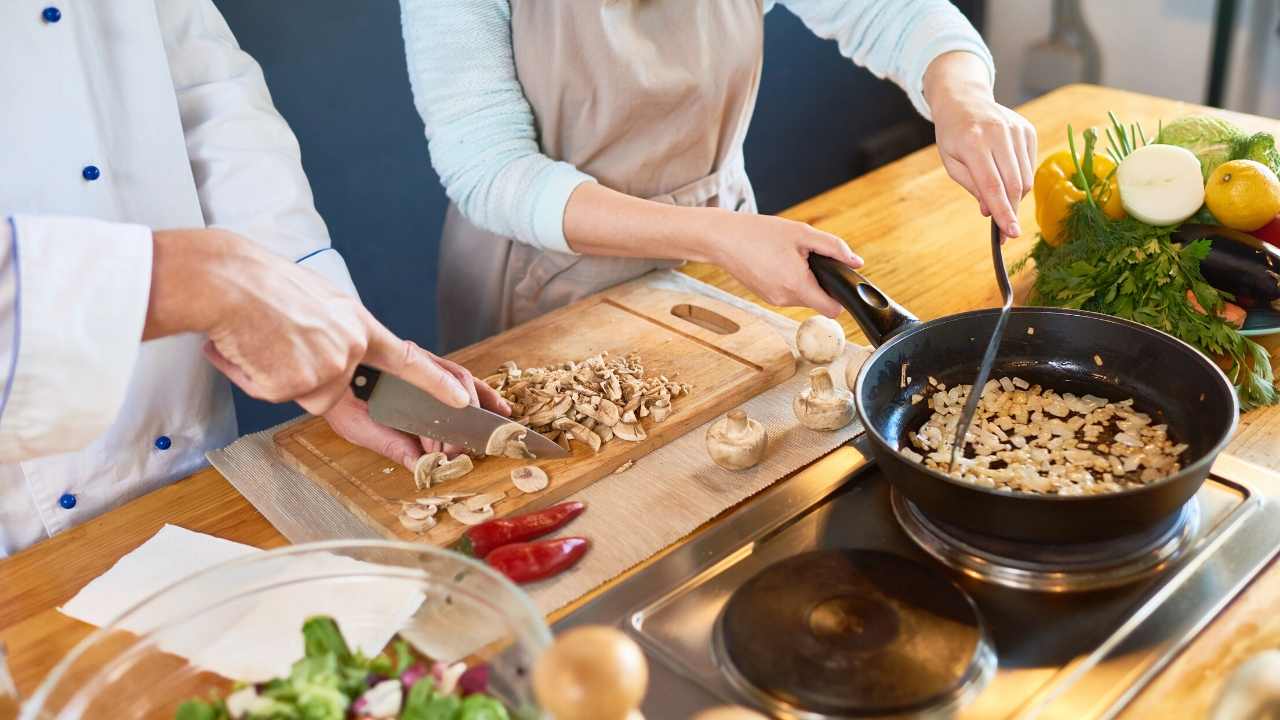 |
[TAG27]In this video we are starting out seedlings for our winter growing in the Tower Garden and we're taking you along for the journey! We'll show you just how easy |
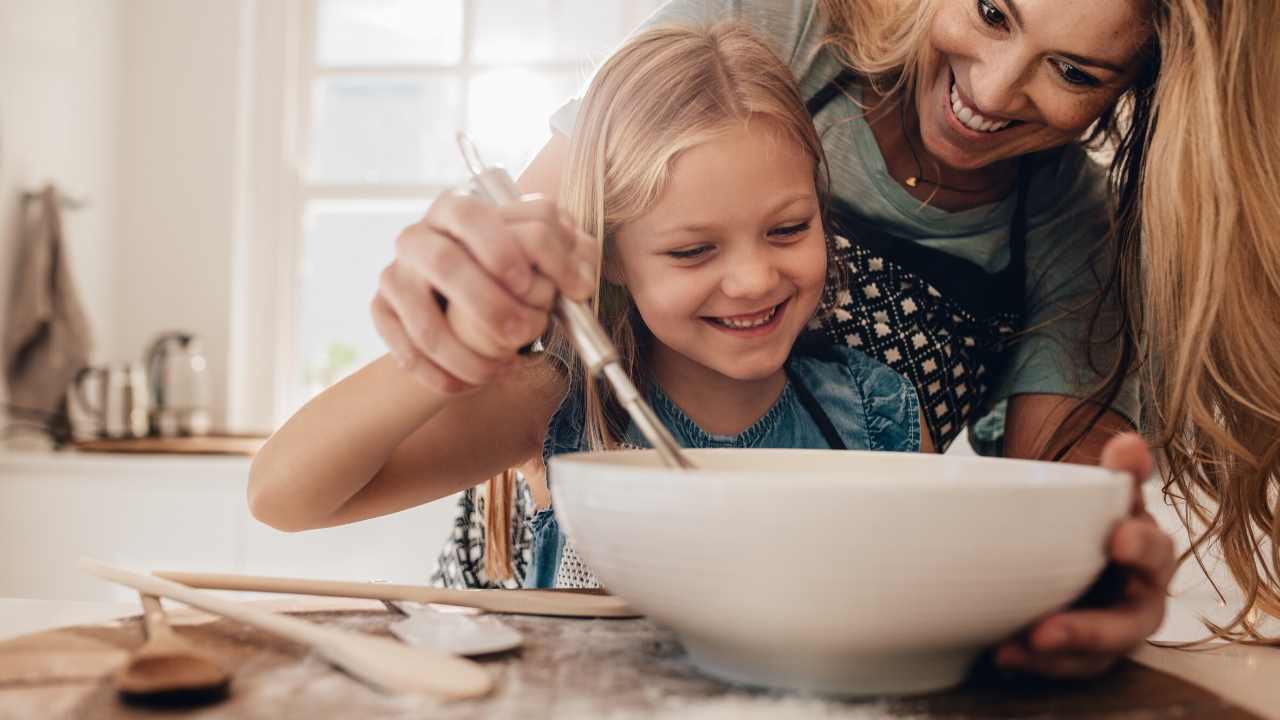 |
[TAG28]Hope you enjoyed this video and thank you for your support. Don’t forget to like, share and subscribe. PLEASE FOLLOW ME IN FACEBOOK https://www.facebook |
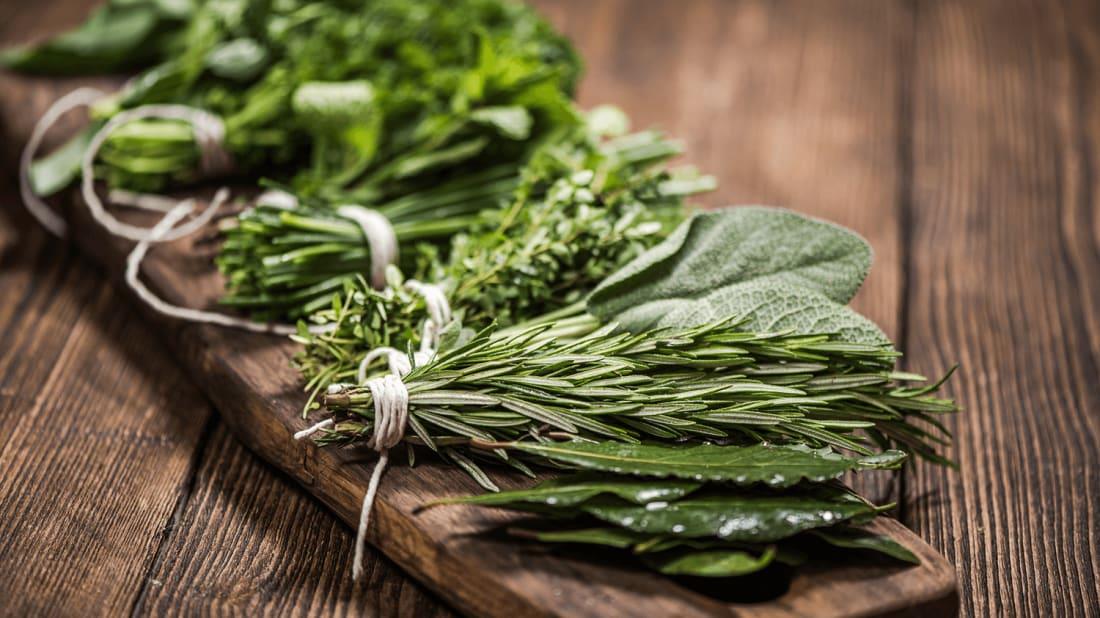 |
[TAG29]Learn herbs from respected professional herbalists offering world-class herbalist training. The NEW Professional Herbalist Course includes courses on over 600 |
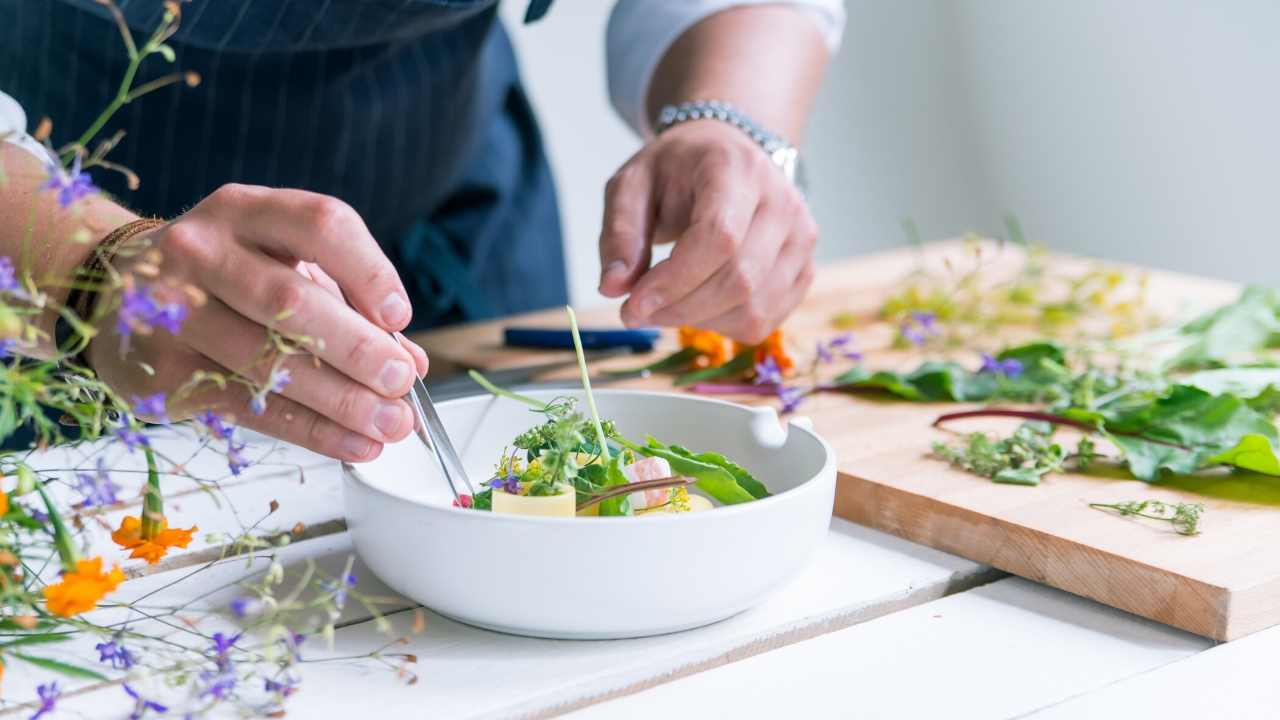 |
[TAG30]Who was the Marble Looking Man? Paul Sinclair shares his accounts of unusual and strange happenings in an around East and North Yorkshire. We now have |
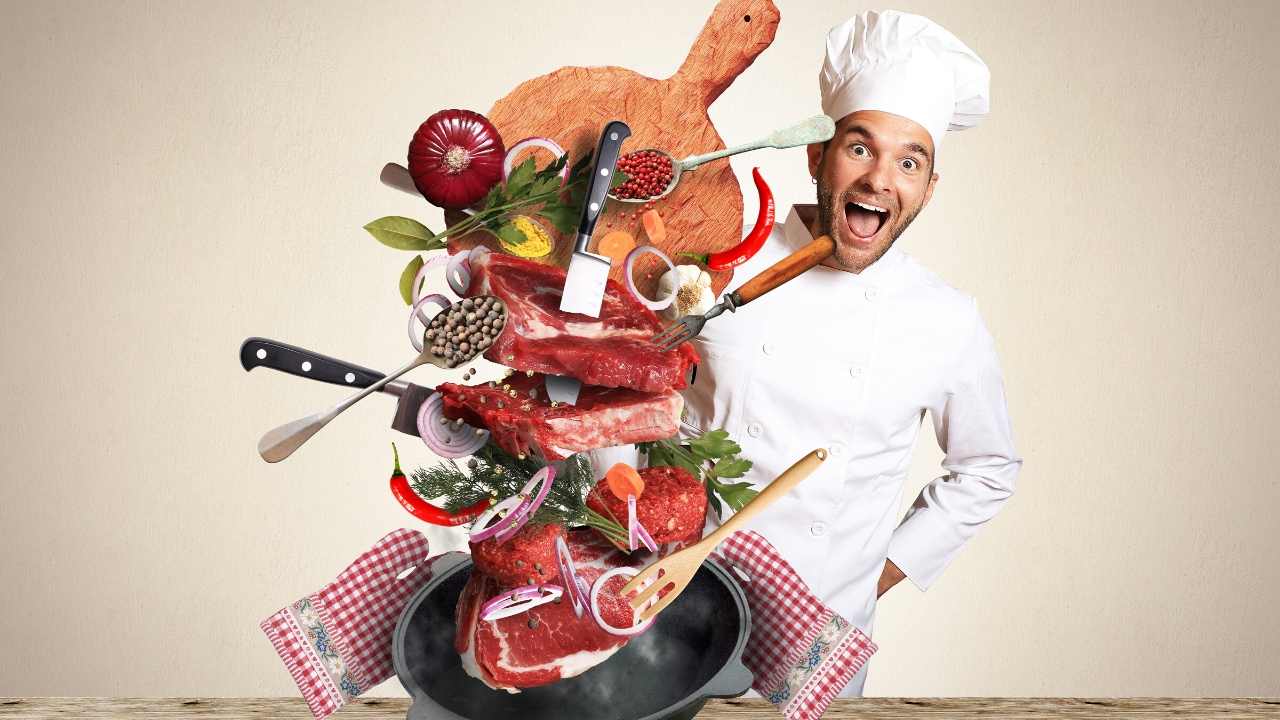 |
[TAG31]COFFEE MOANING the PODCAST ON APPLE PODCASTS: https://podcasts.apple.com/gb/podcast/coffee-moaning/id1689250679 ON SPOTIFY: |
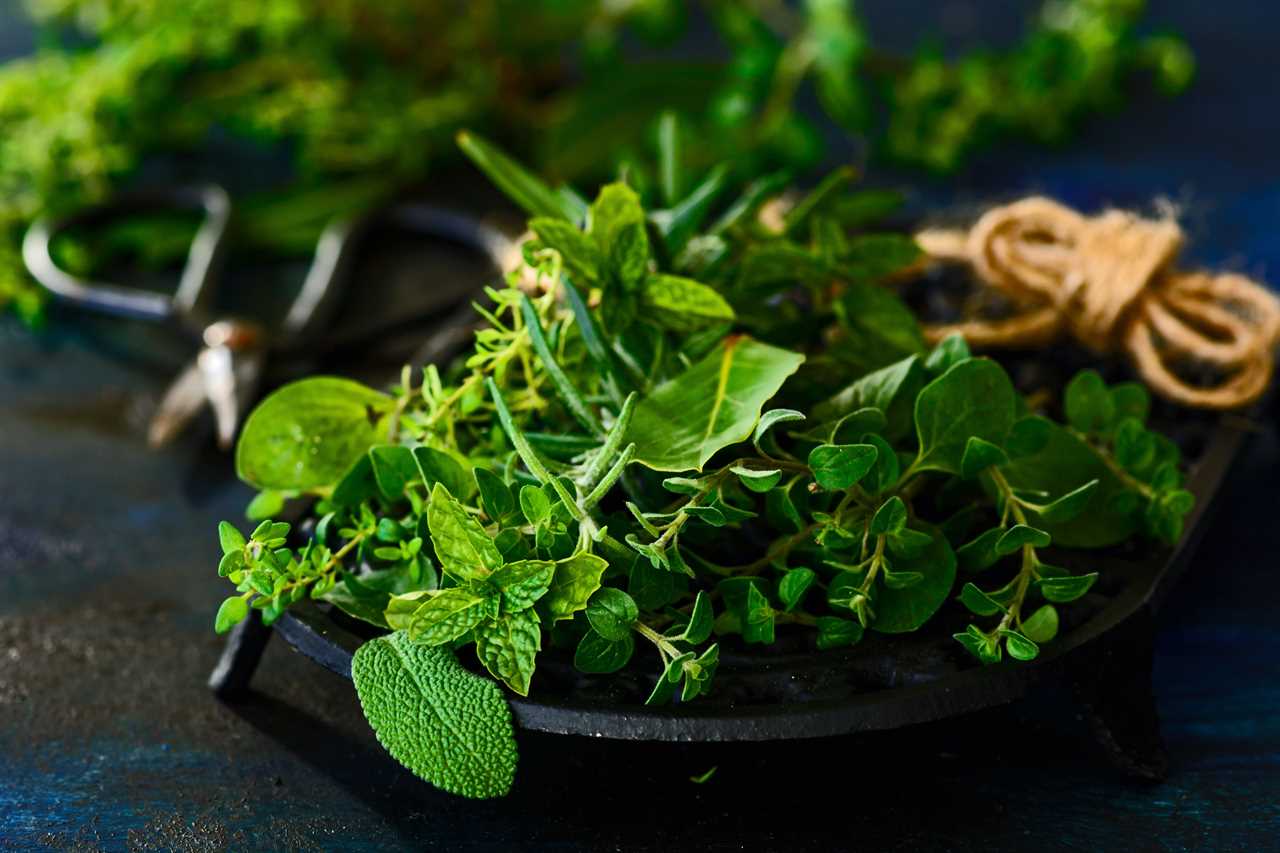 |
[TAG32]Find out more about herbs and how to use them |
 |
[TAG33]Are you eating healthy bread? If so, this video is a must-watch before you take another bite of those seemingly innocent slices. Bread might be a staple, but |
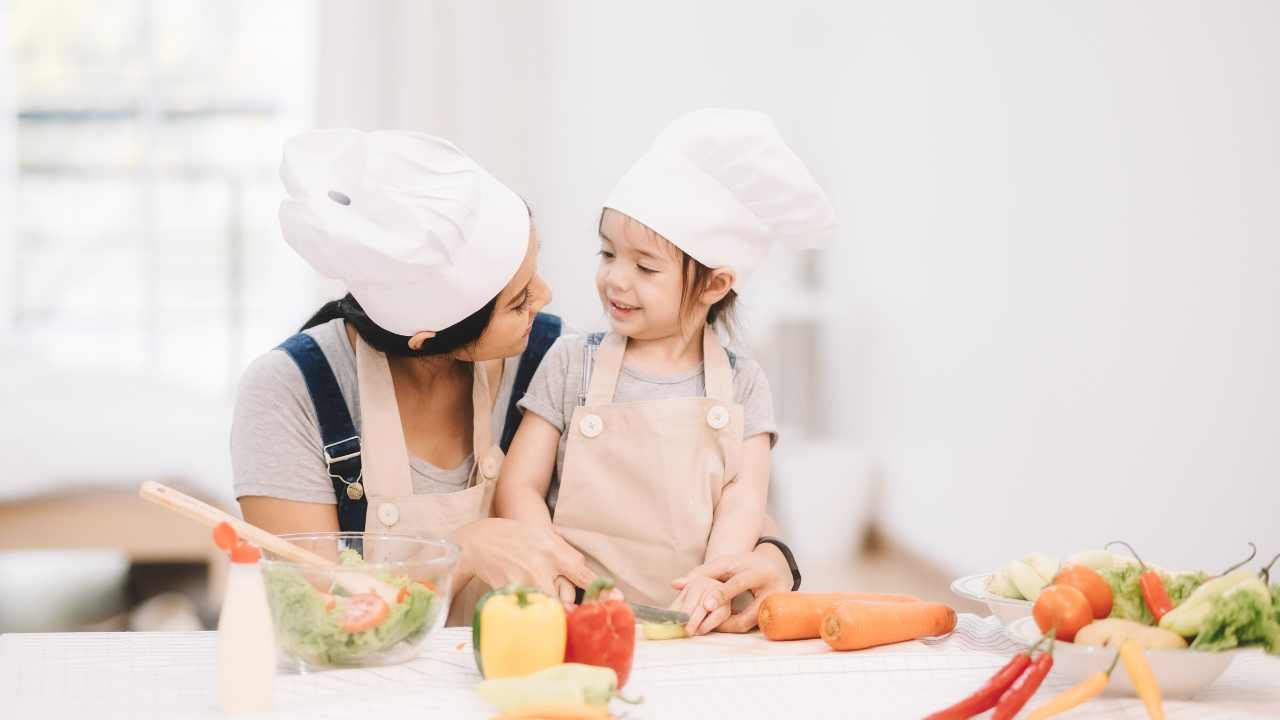 |
[TAG34]Patrick Bet-David, Adam Sosnick, Tom Ellsworth and Vincent Oshana discuss Bill Maher's appearance on Roseanne Barr's podcast where he denies knowing MK Ultra, |
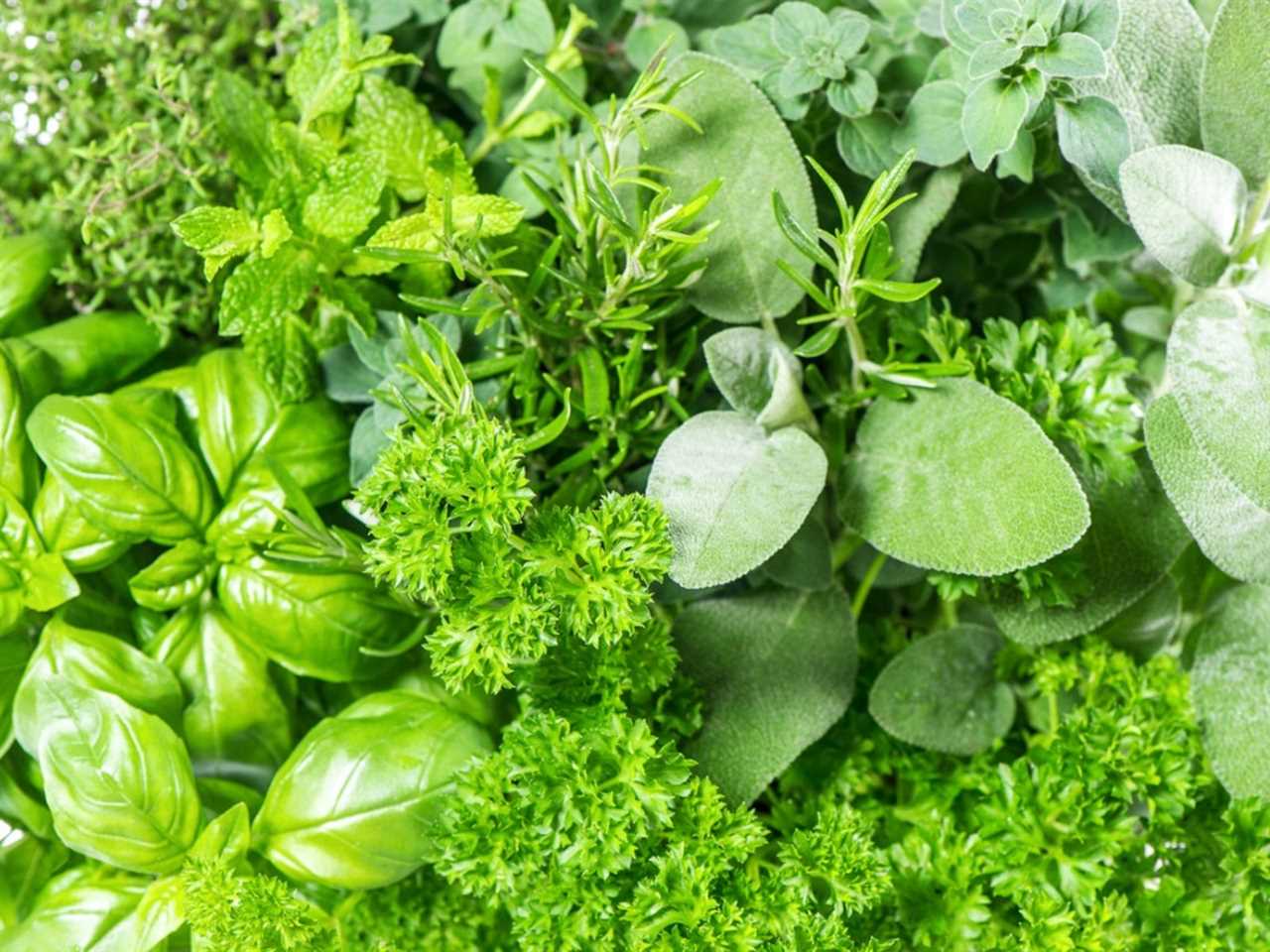 |
[TAG35]Like life, tea is what you make of it and The Cup of Life helps individuals enjoy tea in more than one way. Join me on my tea adventures through my blog! |
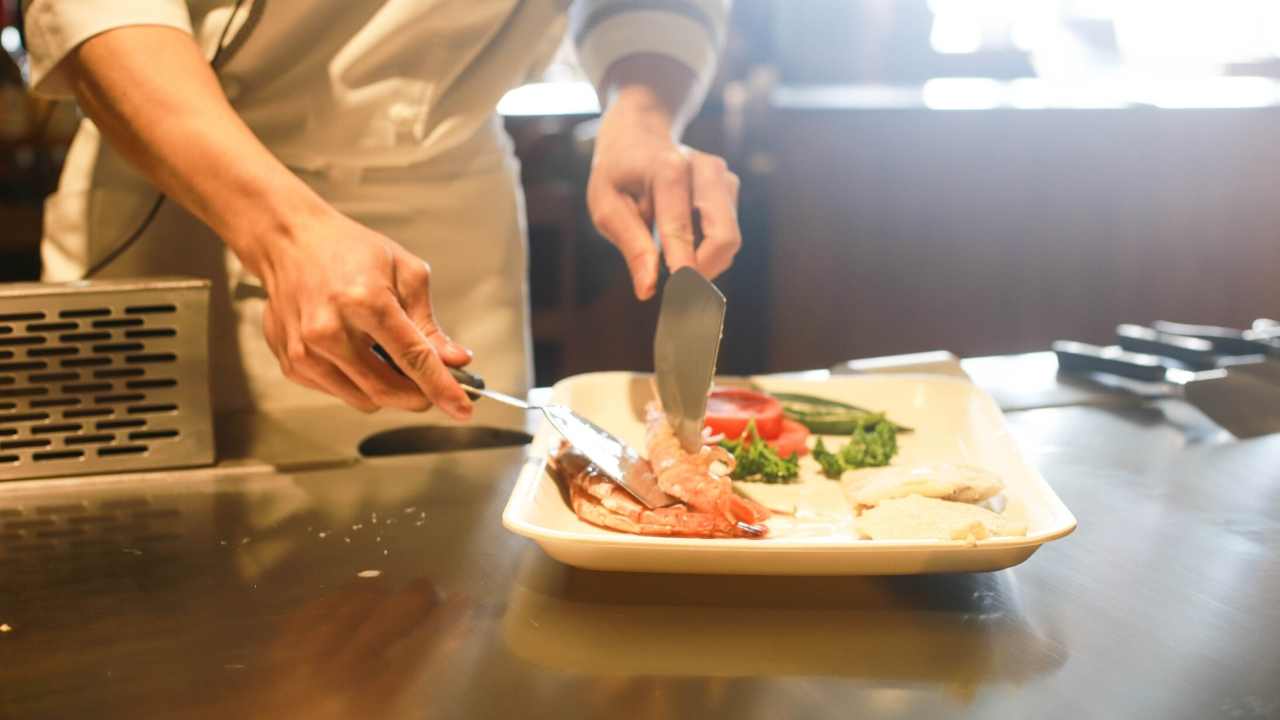 |
[TAG36]Use Code THOMAS25 for 25% off Your First Order from SEED: https://www.seed.com/thomasyt Obesity Pandemic - Willpower vs Genes vs Environment This video |
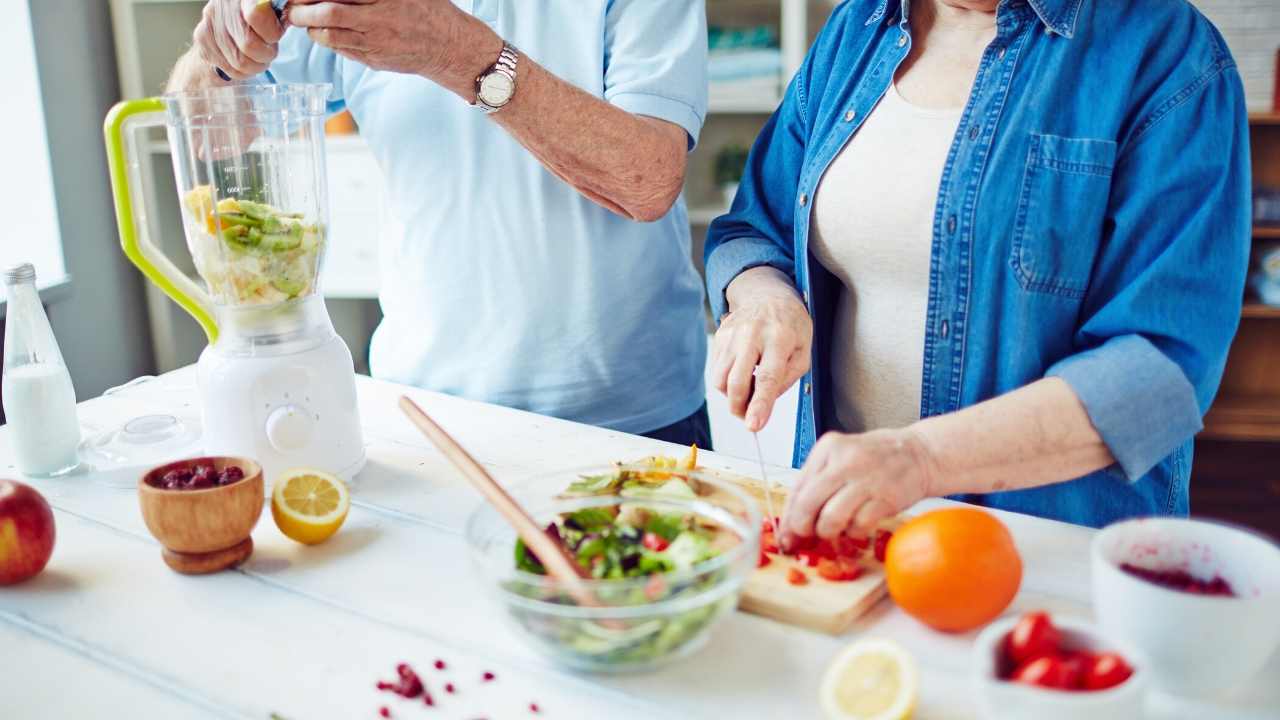 |
[TAG37]Harvesting self-grown vegetables - bursting with emotions when the old lady handed over the red book Thank you for watching my video. Wishing you good health, |
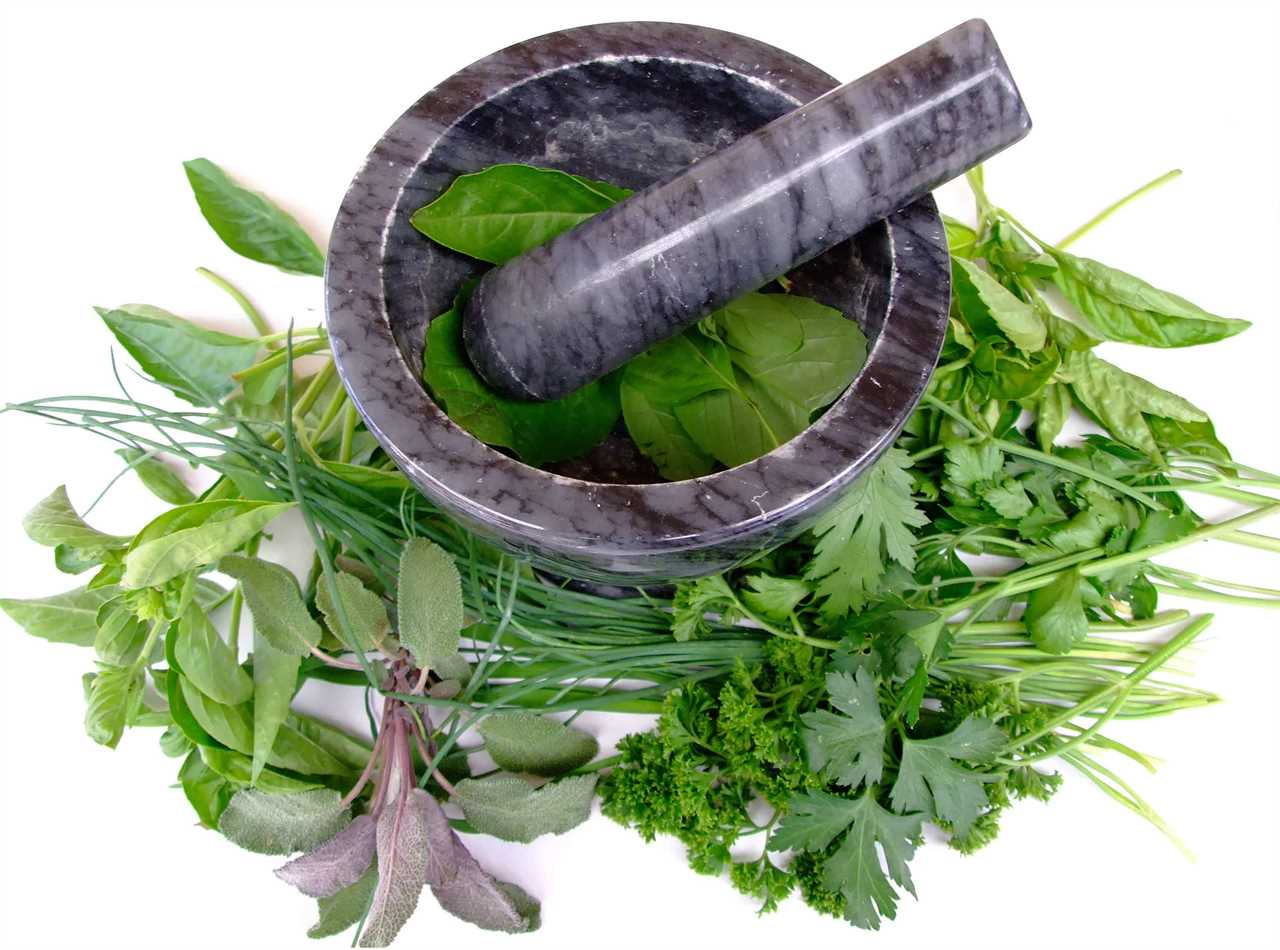 |
[TAG38]A tea assessment platform that rates teas based on objective quality markers and a sensory evaluation resulting in a list of the best teas produced each year. |
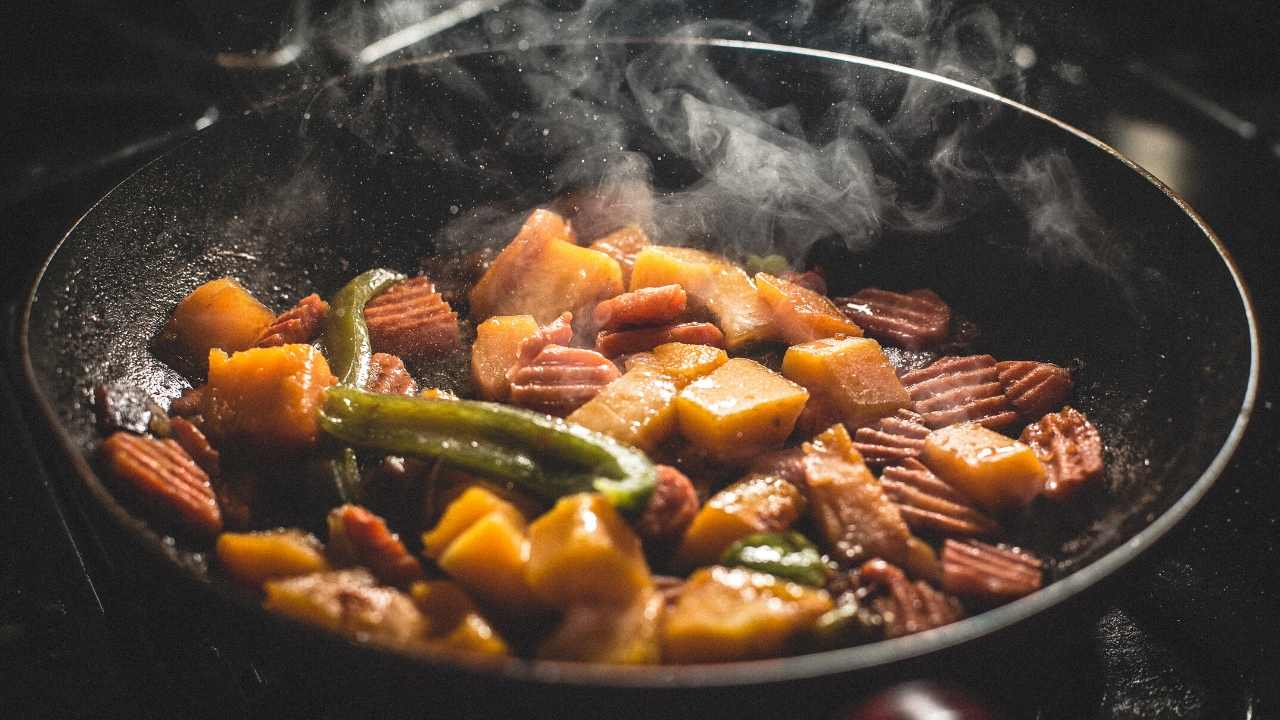 |
[TAG39]In This Video I'm Gonna Show You How To Find And Farm All 7 Herbs In Terraria! Enjoy ! :) #terraria #guide #tutorial |
 |
[TAG40]Former President Trump in recent remarks is now working to portray President Biden as a threat to democracy, saying Biden 'is the destroyer of American |
.png)





